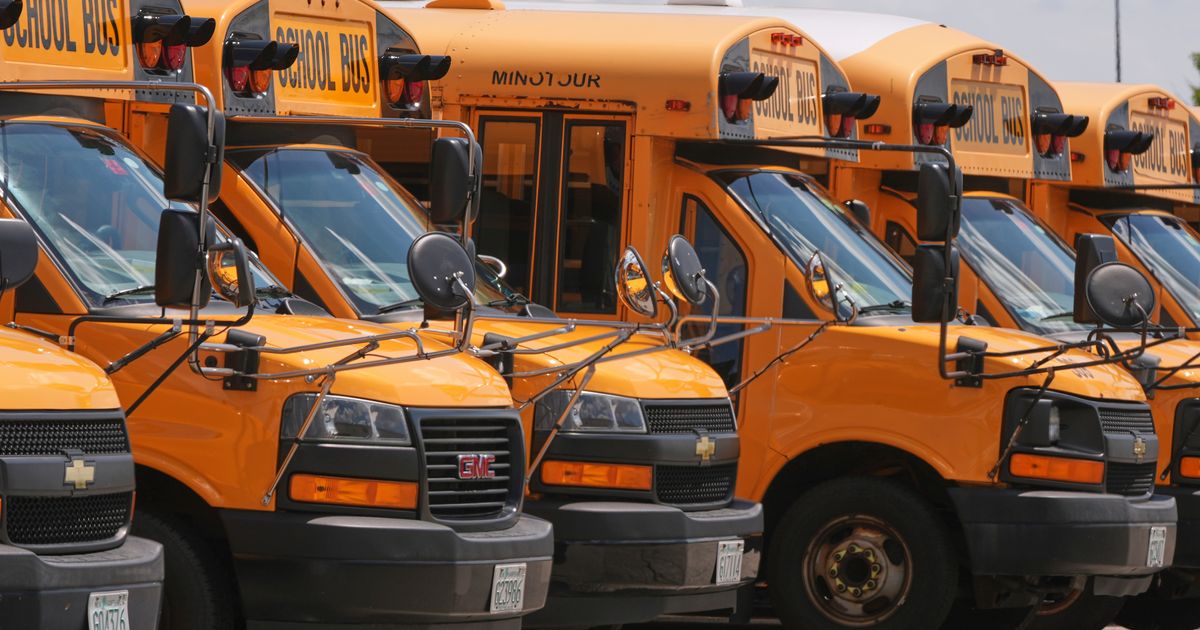More North Carolina teachers and principals will be trained in recognizing and responding to signs of mental distress in young people.
The University of North Carolina System on Wednesday announced it will train up to 420 future teachers and principals in “youth mental health first aid.”
“Mental Health First Aid” is a program from the National Council for Mental Wellness that teaches people to recognize symptoms of mental health disorders and substance use challenges and then effectively communicate with anyone they’re concerned about to get them help.
Suzie Baker, the UNC system’s assistant vice president for student affairs, said the program encourages school leaders to think of first aid, but without the bandages.
“Say somebody comes to you and tells you that they’ve got a terrible toothache. Are you going to get in there with your drill and your, you know, filling material and fix it yourself? No, you’re not,” she said. “You’re going to say, ‘My gosh, well, how long has that been going on for? And you know, have you been able to manage the discomfort? Is it causing you problems with eating and talking like, how? How badly is this affecting your life? Oh, my gosh. Do you have a dentist? Can I help you find a dentist? Oh, you’re afraid to call them. Let me make an appointment for you. Let me, you know, help you figure out what that looks like. Do you need a ride to the dentist? I can help you with that too.'”
The UNC System is concerned about rising rates of anxiety and depression in young people and about their declining social connections, Baker said.
If they don’t have close friends to confide in or who would notice their struggles, she said, they are more likely to confide in a teacher.
Data and surveys of young people show anxiety and depression has been rising for more than a decade, and were further exacerbated during the Covid-19 pandemic, though some data show some improvements since the pandemic.
The UNC System has trained more than 10,000 people — students, faculty and staff — within the system in mental health first aid since 2021, including about 400 people who are now qualified to teach it. The system did so with a $1 million one-time federal grant, awarded to the state by former Gov. Roy Cooper.
This expansion of that training will by the first systemwide effort targeted toward people who will work with K-12 students. Only people in the North Carolina Principal Fellows and the North Carolina Teaching Fellows program will get the training.
The resources aren’t there yet to train all people enrolled in the system’s various colleges of education, Baker said.
The UNC System’s program isn’t the only one intended to reach K-12 students.
The North Carolina Department of Health and Human Services has long provided youth mental health training to adults and in 2024 expanded that training to 10th through 12th grade students, with the help of the University of North Carolina at Chapel Hill School of Social Work.
So far within the UNC System, Baker said the training has helped people feel more prepared and confident in helping students and better able to connect the students with the resources they need.
“Our faculty or staff, they want to be able to help students,” Baker said. “But if they haven’t had training, or they haven’t got the confidence to do that, they’re afraid that they might say the wrong thing.”
K-12 schools have also made efforts to help address social and emotional challenges among young people, including hiring additional behavioral health specialists and entering agreements with third parties to provide insurance-based therapy on campus to students, with parental permission.

